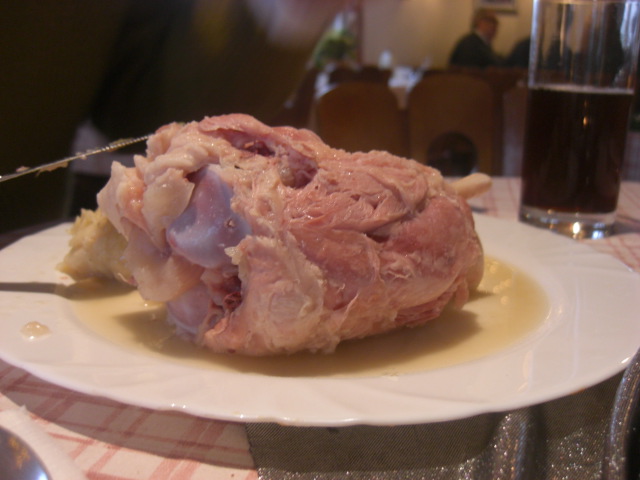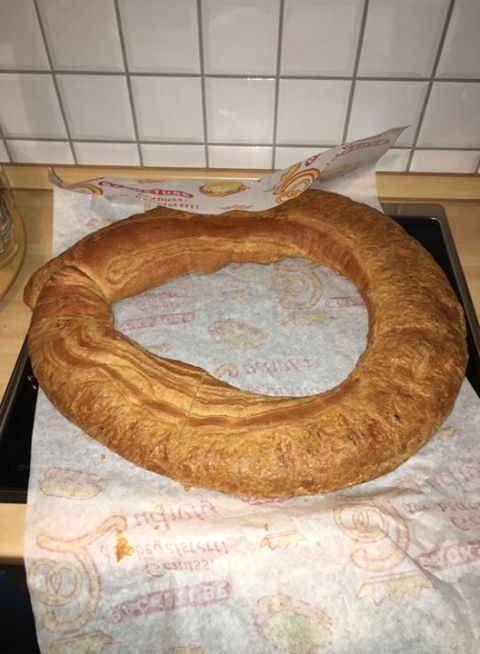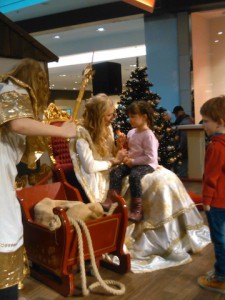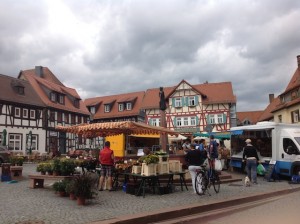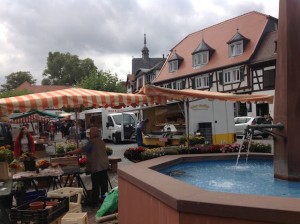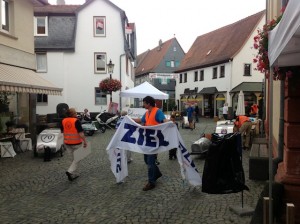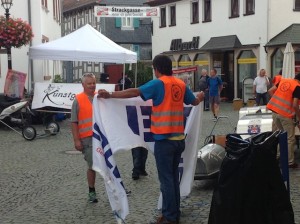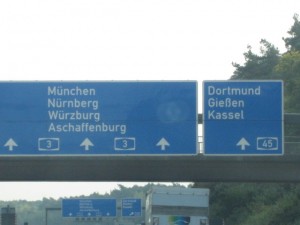We say ‘Einen guten Rutsch ins Neue Jahr’ (A good slide into the New Year) a few days before and up until New Year’s Eve.
When the clock strikes midnight on 31 Dec, we say ‘Prost Neujahr!’ to friends and strangers outside while watching the ensuing fireworks and sharing drinks.
The word ‘prost’ derives from the Latin word ‘prosit’, and means ‘To your health’, or ‘May it be good for you’. A long time ago, this was used mostly by university students as a drinking toast. Nowadays, most Germans use it.
The day after New Year’s Day, I usually greet people with ‘Ein gutes neues Jahr!’ I might throw in a late ‘Prost Neujahr’ if I know them well.
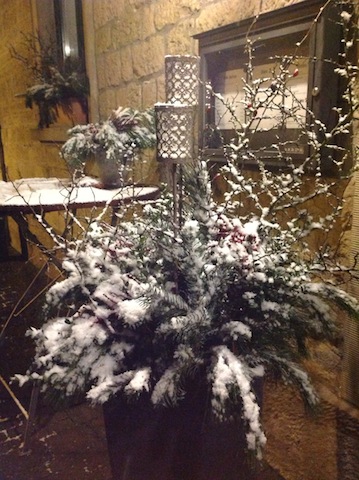
Right now at about 8pm on New Year’s Eve, I wish you all a Guten Rutsch ins Neue Jahr!
